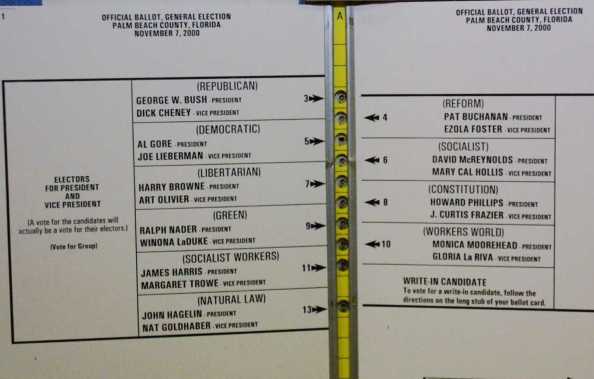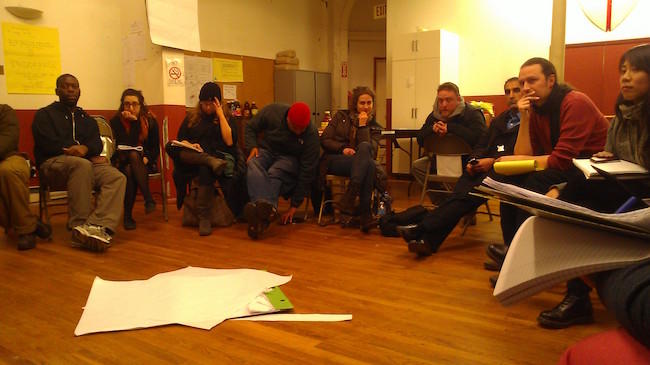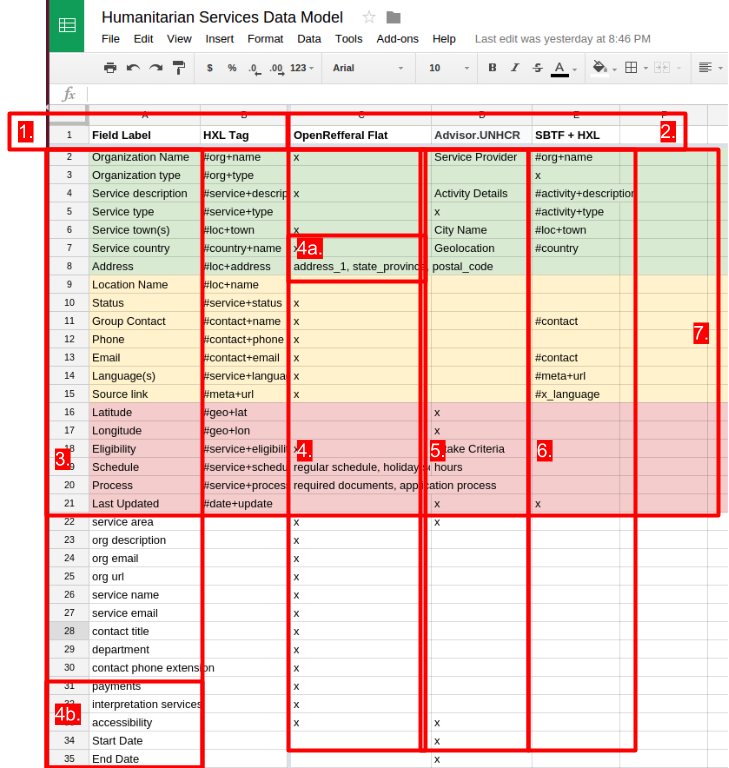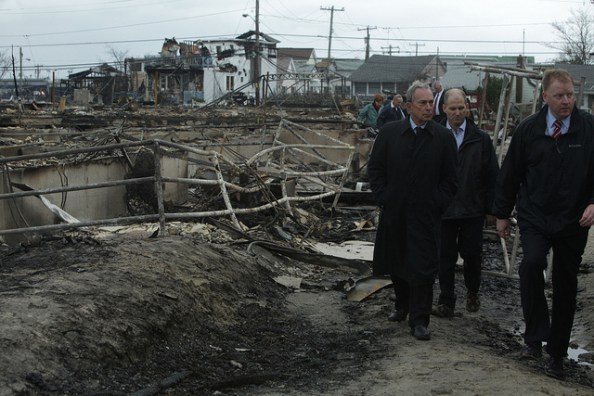Category: Writing
-

It’s Time for a “Participatory” Democracy Instead of our “Consumer” One
Democracy in the United States was established nearly 250 years ago when news traveled at the speed of a horse and real-time collaboration required sharing a physical location. Today, ubiquitous internet access, smartphones, social media, and online collaboration tools have transformed how we work, play and consume, but the basic structure of our politics remains…
-
Devin Balkind runs for 2017 NYC Public Advocate
“I’m running as a politician you can reach with your smartphone — a ‘facilitator’ rather than a ‘representative’ — to give New Yorkers a voice and new ways to participate, reach consensus, and get what they need.”
-

How to Run Collaborative Projects That Don’t Fall Prey to Bureaucracy
This piece was published at Sharable on July 21st, 2017. Today, when people call something “bureaucratic,” they usually mean that in a negative sense, but bureaucracy didn’t always have this negative connotation. About 100 years ago when many professional bureaucracies were being built, they were seen as a means of bringing quality control, predictability, and integrity to administrations. But…
-
When Platform Coops are Seen, What Goes Unseen?
If you’re involved with the “cooperative community” on social media, you’ve probably heard a lot about platform cooperatives in recent years. The vision is simple: what if Uber or AirBnb were owned by its users, who could share decision-making responsibility and profits among themselves? Instead of being exploited by platforms, users could and should be…
-

What is “Municipalism”?
Originally posted at municipalist.org The definition of “municipalism” is still up for grabs. If you Google the word you’ll be given a snippet from Wikipedia about “libertarian municipalism”, a compelling but very specific utopian political philosophy of Murray Bookchin. Surely “municipalism” can and should mean something more. Over the last fifty years, the percentage of people around the globe living in urban areas has…
-

Cryptocurrency Can Shift the Balance of Power Between Cities, States and Nations
Originally posted at municipalist.org One of the most powerful tools of a modern nation is its central bank’s ability to create money “out of thin air.” Nations can use this new money to purchase their own nation’s debt in the form of treasury bills, bonds and notes, allowing it to spend more than it earns in taxes and other…
-

Cities Can Prepare for Trump by Establishing Digital Service Organizations and Mobilizing Civic Tech Communities
Originally posted at municipalist.org Within a few weeks of Trump’s victory, mayors of big “sanctuary cities” throughout America, including New York, Chicago and Los Angeles declared that they wouldn’t collaborate with a Trump administration order to deport peaceful, law-abiding resident. Trump is now threatening that he will deny these cities federal funding unless they comply. The amount…
-

Introducing Data Models for Human(itarian) Services
This was originally posted at Sarapis Immediately after a disaster, information managers collect information about who is doing what, where, and turn it into “3W Reports.” While some groups have custom software for collecting this information, the most popular software tool for this work is the spreadsheet. Indeed, the spreadsheet is still the “lingua franca”…
-

Creating a Shared Data Model with a Spreadsheet
Over the last year, a number of clients have tasked me with bringing datasets from many different sources together. It seems many people and groups want to work more closely with their peers to not only share and merge data resources, but to also work with them to arrive at a “shared data model” that they can…
